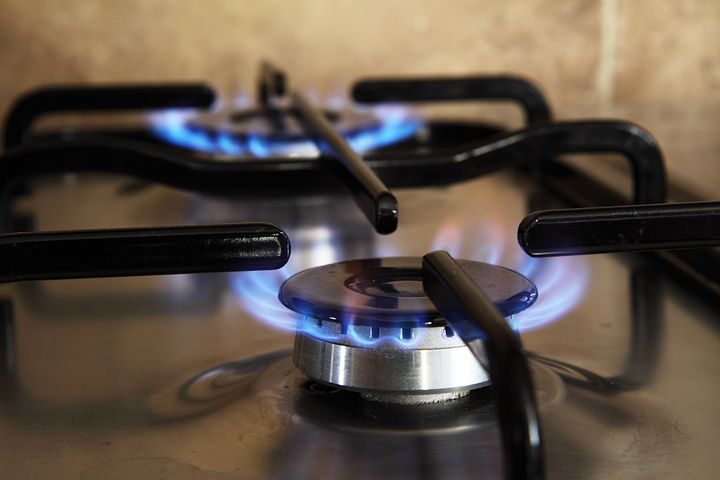Gas Stoves: A Threat To Human Health and the Environment
A recent study in the International Journal of Environmental Research and Public Health found that gas stoves cause nearly 13% of childhood asthma in the U.S. In addition, gas stoves emit high levels of nitrogen dioxide and carbon monoxide, chemicals incredibly harmful to the respiratory system. Eliminating the production of new gas stoves is the best way to address these health concerns, yet, the prospect of gas stove bans has been met with opposition from many conservatives. Culture wars have erupted on social media as Republicans protest the possibility of administrative action, with some pushing the false narrative that officials will forcibly enter homes and remove gas stoves. But the potential ban suggests no such action; the ban would only apply to new products. Homes and restaurants that currently use gas stoves would not be forced to give them up, and those who agree to the switch would receive a rebate to cover the conversion. In addition, vehicle and home heating industries have begun to embrace the transition from gas fuel to electric; the U.S. can bolster cleaner and healthier energy production by expanding electrification to common household appliances like gas stoves.
Last month, U.S. Consumer Product Safety commissioner Richard Trumka Jr. told Bloomberg last month that gas stoves pose a “hidden danger” to consumers. “Products that can’t be made safe can be banned,” Trumka said. However, days later, the White House announced that President Joe Biden would not support the ban despite concerns revealed by the commissioner. Studies have found that chemicals emitted by gas stoves can raise indoor concentrations of chemical levels to those that are deemed unsafe by the Enviromental Protection Agency (EPA). Exposure to these chemicals is linked to worsening asthma in children, while long-term exposure can cause the development of asthma. Currently, over 38% of U.S. households use a gas stove, which rises to 70% in California and New Jersey. If the government fails to enact a policy to prevent further production of gas stoves, that number can increase, posing an additional respiratory danger to Americans.
The gas stove debate isn’t new: correlations between asthma symptoms and gas cooking were confirmed nearly 50 years ago by researchers in England and Scotland. But propaganda campaigns by groups like the American Gas Association (AGA) have steered these findings away from the public eye. In a December blog post, the association argued that gas stoves make housing more expensive because “electric homes require expensive retrofits.” However, through the Inflation Reduction Act, consumers switching to electric would be eligible for a rebate of up to $840 to cover the extra expense. Electric stoves are also more efficient, saving money on energy consumption in the long run.
Regardless of initial and operational cost concerns, America’s priority should be to keep homeowners safe —and prolonging the production of gas stoves poses a significant risk to our health. In addition to exaggerating cost disparities, the gas industry is downplaying those concerns. The AGA responded to the published air quality dangers by arguing that cooking fumes come from all stoves. Yet, scientists have specifically identified homes with gas stoves as a risk for children. Brandy Seals, a nonprofit environmental group RMI member, urges a widespread switch to carbon-free homes. She told TIME that in-home cooking produces asthma risks equivalent to exposure to secondhand smoke. In a letter to the CSPC, a group of lawmakers added that exposure to gas stove emissions can also exacerbate cardiovascular illnesses.
Dangers to human health have been confirmed by numerous scientists, lawmakers and organizations. But the negative impacts of gas stoves extend beyond the human scale. Scientists estimate that methane leaks from gas stoves exceed emissions released by 500,000 gas-powered cars each year. The same study stated that using one gas stove for a year emits the equivalent amount of methane from driving 40 miles. Methane is a potent greenhouse gas, making it one of the significant contributors to global warming. If the Biden administration wants to be as dedicated to combating climate change as it claims to be, it must recognize the environmental impacts of gas stoves.
Overall, a federal gas stove ban’s benefits greatly outweigh the setbacks. The rebate can cover the initial cost of transitioning to an electric stove, but no consumer would be forced to make the switch. The ban would only apply to new products, so the restaurants opposed to transitioning would be unaffected. The boost in efficiency makes that investment worth it.










































































































































































































